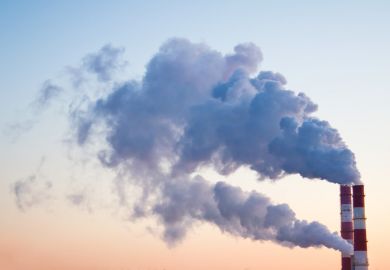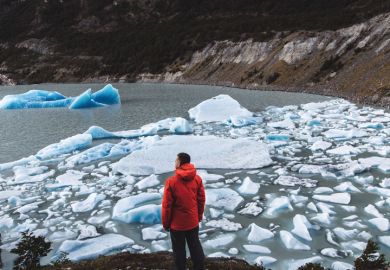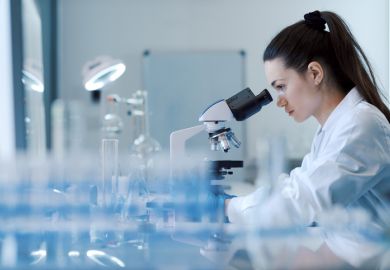For most people, it is currently impossible to think beyond the all-encompassing reality of the Covid-19 pandemic. But while efforts at our universities and other institutions have swung wholeheartedly behind the fight again the virus, other key work must continue.
One such vital area is the effort to address climate change. That is why, after many months of planning led by UNSW Sydney, 40 of the world’s top climate change research universities are proceeding with the announcement of a new alliance, the International University Climate Alliance (IUCA).
Alliance members are recognised for their various specialist and leadership roles in climate change research. The IUCA’s objective is to ensure that governments, the public, media and industry have better access to research-based facts on climate change science, impacts, adaptation and mitigation.
Covid-19 and climate change have been subject to comparisons in relation to their impacts and the efforts required to combat them. Both are enormous issues facing global society – one with catastrophic impacts now, and the other with catastrophic impacts that will play out more slowly and for generations to come.
With various scientific and government-related reports across many nations demonstrating that climate change is causing ever more extreme events, there is an understandable wish for government leadership and action in tackling this issue. Foremost in that regard is the need to reduce our greenhouse gas emissions on a global scale.
Unfortunately, for more than 40 years, climate change mitigation and emissions reductions have been resisted. In some jurisdictions across the world, adaptation initiatives are already taking precedence. Nations are investing in protecting coastal communities by building sea walls and shoring up food and water supplies where possible. This is important work, but the scale of adaptation becomes unimaginable if the reduction of emissions is not addressed.
If we take the coronavirus as an example, we are witnessing the reality that adaptation initiatives, such as filling stadiums with hospital beds, are simply not enough. Our goal should be to prevent the strain on hospital systems and staff by stopping the virus spread at its source: hence the physical distancing and self-isolation mitigation strategies.
The head of the International Energy Agency, Fatih Birol, has urged world leaders to not allow climate change action to get lost amid the current, acute priorities. He said that if governments devised coronavirus stimulus packages that also offered large-scale investment to boost the development, deployment and integration of clean energy technologies – such as solar, wind, hydrogen, energy storage and carbon capture – they would have the added benefit of “building a secure and sustainable energy future”.
The pandemic has united policymakers and the global scientific sector in a way not seen before. It proves that the same can be done for climate change. UNSW surveys of community attitudes across Australia conducted before Covid-19 showed that people saw climate change as the biggest ongoing issue facing the world. And most agree that a global alliance of universities can help overcome policy gridlock and better unite decision-makers.
IUCA will ramp up climate change action globally, sharing advances and then acting on them. We aim to ensure that mitigation work is properly balanced with sensible adaptation actions by giving policymakers access to some of the world’s top researchers and research teams devoted to solving this existential challenge.
Ian Jacobs is president and vice-chancellor of UNSW Sydney, and Matthew England is Scientia professor of the UNSW Climate Change Research Centre.
Register to continue
Why register?
- Registration is free and only takes a moment
- Once registered, you can read 3 articles a month
- Sign up for our newsletter
Subscribe
Or subscribe for unlimited access to:
- Unlimited access to news, views, insights & reviews
- Digital editions
- Digital access to THE’s university and college rankings analysis
Already registered or a current subscriber?











